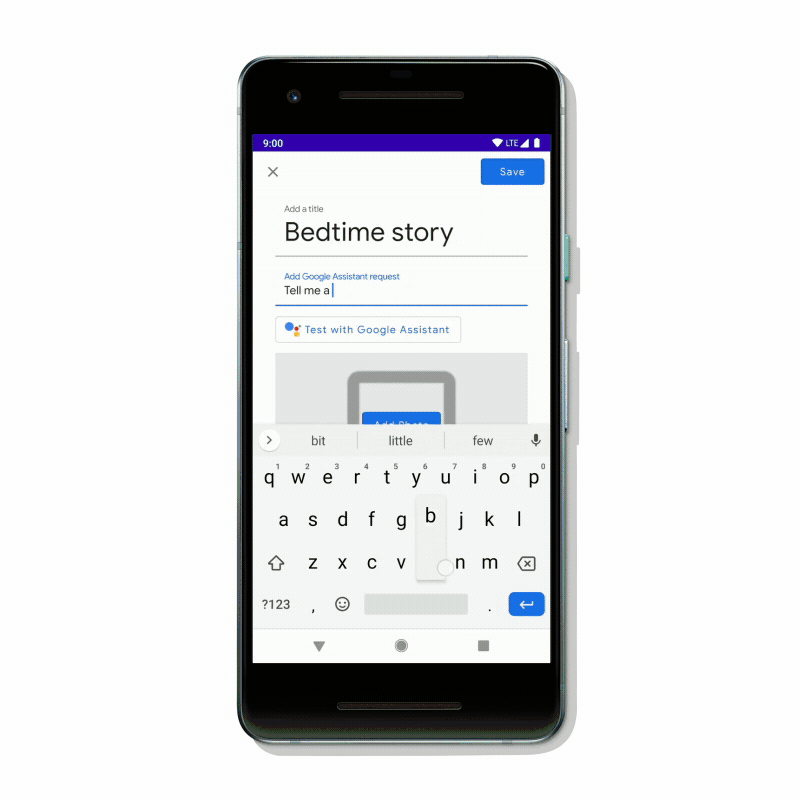 AI
AI
 AI
AI
 AI
AI
Google LLC has unveiled a new accessibility tool in the making called Action Blocks, which enables Android smartphone users to create shortcuts for various multistep tasks that can be performed with the help of Google Assistant.
Action Blocks enable users to kick off those actions with a simple tap on a home screen shortcut. The shortcuts can be customized with a specific image that serves as a visual cue.
Google said Action Blocks could be helpful for more than 630 million people in the world that suffer from some kind of cognitive disability, such as advanced dementia, autism or Down Syndrome. For these people, using a touchscreen can be challenging as it requires coordinated motor movements that they can’t easily make. Many tasks also require users to recall a bit of information such as a phone number or an address, which cannot be done easily by anyone suffering from an impaired memory.
Google cites its own research that shows around 80% of people with severe cognitive disabilities don’t use smartphones, partly because of these challenges.
“If you’ve booked a rideshare using your phone recently, you’ve probably had to go through several steps: unlock your phone, find the right app, navigate through its screens, select appropriate options, and enter your address into the input box,” Google accessibility software engineer Ajit Narayanan wrote in a blog post. “At each step, the app assumes that you’re able to read and write, find things by trial-and-error, remember your selections, and focus for a sustained period of time.”
Action Blocks helps make life easier by stringing together a sequence of commands so users with disabilities won’t need to do all of them. It enables Google Assistant to be scripted to perform each step needed to complete a specific task, including making phone calls to a family member or watching a certain TV show. Once an Action Block has been created, a shortcut will appear on the home page so all the user needs to do is tap it.

Action Blocks is still in the testing phase, and Google is inviting caregivers and family members of people with cognitive disabilities to join its trusted tester program.
“Action Blocks is the first of our many efforts to empower people with cognitive disabilities, help them gain independence, connect with loved ones and engage in the world as they are,” Narayanan said.
Google has launched several accessibility initiatives in recent months. Last July it announced a new artificial intelligence tool called Parrotron that’s meant to help people with speech impediments be better understood. And at its I/O 2019 developer conference in May, Google debuted out a tool called Live Relay, which helps deaf people use the phone, even if they prefer not to speak.
Support our mission to keep content open and free by engaging with theCUBE community. Join theCUBE’s Alumni Trust Network, where technology leaders connect, share intelligence and create opportunities.
Founded by tech visionaries John Furrier and Dave Vellante, SiliconANGLE Media has built a dynamic ecosystem of industry-leading digital media brands that reach 15+ million elite tech professionals. Our new proprietary theCUBE AI Video Cloud is breaking ground in audience interaction, leveraging theCUBEai.com neural network to help technology companies make data-driven decisions and stay at the forefront of industry conversations.